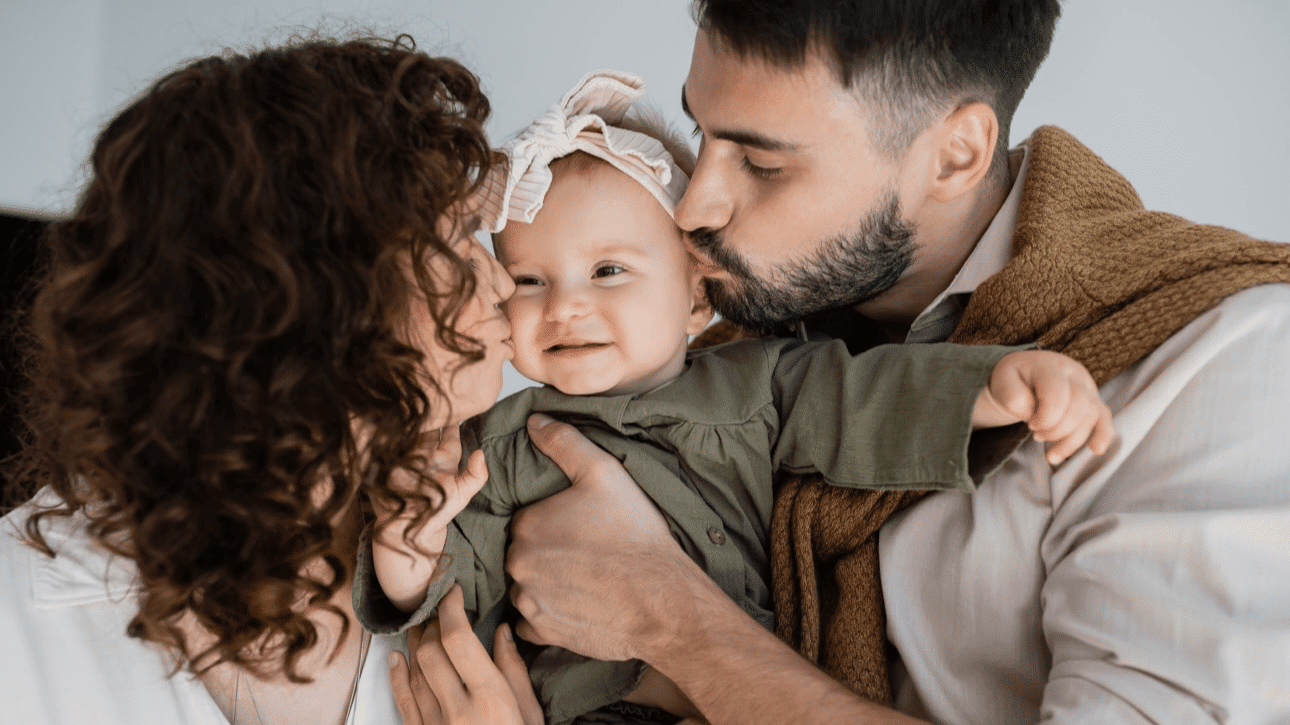Achieving Natural Pregnancy After IVF: Exploring the Possibilities and Factors Involved
In vitro fertilization (IVF) is a widely used assisted reproductive technology that helps individuals and couples overcome fertility challenges. While IVF has provided hope and success for many, some individuals may still aspire to achieve a natural pregnancy after undergoing IVF treatments. In this article, we will delve into the topic of natural pregnancy after IVF, exploring the possibilities, factors involved, and important considerations for those seeking to conceive naturally post-IVF.
Section 1: Understanding IVF and its Success Rates
To comprehend the concept of natural pregnancy after IVF, it is essential to understand the IVF process and the success rates associated with it. IVF involves fertilizing eggs with sperm outside the body and transferring the resulting embryos into the uterus. While IVF has high success rates, the chance of achieving a natural pregnancy after IVF depends on various factors, including the individual’s age, overall health, and the specific circumstances of the fertility treatment.
Section 2: Factors Influencing Natural Pregnancy After IVF
Several factors influence the possibility of achieving a natural pregnancy after IVF. These factors include the underlying cause of infertility, the individual’s reproductive health, the success of the IVF treatment, and the age of the individual. It is important to discuss these factors with a healthcare provider to assess the potential for natural conception post-IVF.
Section 3: Impact of IVF on Fertility
IVF treatments can have varying effects on an individual’s fertility. While IVF can improve fertility in some cases by addressing underlying issues, it is important to consider the impact of the treatment on the reproductive system. Factors such as ovarian stimulation, hormonal changes, and the condition of the uterus may affect the chances of natural conception after IVF.
Section 4: Optimizing Natural Fertility Post-IVF
For individuals who wish to pursue natural pregnancy after IVF, there are several strategies that can be employed to optimize fertility. These strategies may include adopting a healthy lifestyle, managing stress levels, monitoring ovulation, and seeking support from fertility specialists or holistic practitioners. It is crucial to discuss these options with healthcare providers to develop a personalized plan based on individual circumstances.
Section 5: Emotional Considerations
Embarking on the journey of natural pregnancy after IVF can bring about various emotions and challenges. It is essential to address the emotional aspects associated with infertility, IVF treatments, and the desire for natural conception. Seeking support from counselors, support groups, or online communities can provide valuable guidance and understanding throughout the process.
Section 6: Seeking Professional Guidance
Individuals who are considering natural pregnancy after IVF should seek professional guidance from fertility specialists or reproductive endocrinologists. These experts can assess the individual’s specific situation, provide personalized advice, and monitor the progress of fertility post-IVF. Regular check-ups, fertility evaluations, and discussions regarding options and potential treatments can help individuals make informed decisions.
While IVF has revolutionized the field of assisted reproductive technology, some individuals desire to achieve a natural pregnancy after undergoing fertility treatments. While the possibility of natural conception post-IVF may vary depending on various factors, seeking professional guidance, adopting a healthy lifestyle, and addressing emotional considerations can contribute to optimizing natural fertility. It is important for individuals to have open and honest discussions with healthcare providers to explore the possibilities and develop a plan that aligns with their desires and overall well-being.










